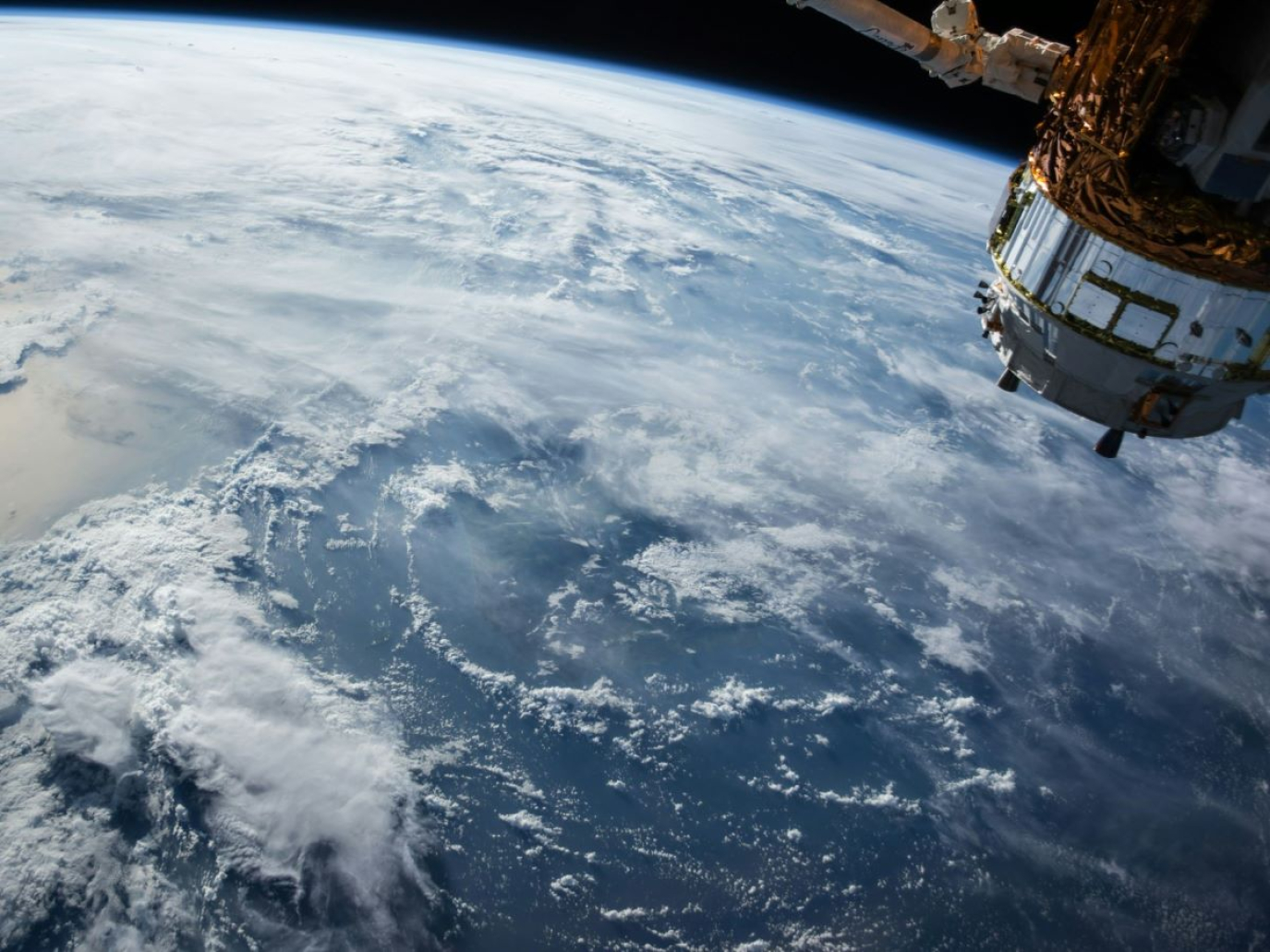
The rapid evolution of the global space economy, valued at over 570 billion dollars in 2023 according to OECD estimates, is pushing countries to strengthen industrial capabilities and research networks. Italy is positioning itself at the centre of this transformation with “BEX – Beyond Exploration”, the new expo-conference promoted by Italian Exhibition Group and the Emilia-Romagna Region. The inaugural edition will take place from 23 to 25 September 2026 at the Rimini Expo Centre, bringing together companies, universities, start-ups and institutions in a multidisciplinary platform designed to catalyse innovation and business.
Beyond its strong B2B format, BEX integrates scientific sessions, educational activities and public-facing events to involve students and young professionals. The initiative reflects a strategic choice: creating a marketplace where traditional aerospace actors can interact with industries ranging from fashion to healthcare, logistics and automotive, enabling new contamination between research and manufacturing.
The relevance of this vision becomes clear when considering how technologies originally developed for space have reshaped daily life. Memory foam mattresses, anti-glare lenses, wi-fi, telemedicine systems, miniature smartphone cameras, biometric sensors and even cordless vacuum cleaners derive from aerospace engineering or missions such as Apollo. Satellites themselves now support essential applications in environmental monitoring, energy management, mobility planning and precision agriculture.
Cross-Sector Innovation and Scientific Engagement
According to professor Giuseppe Sala of the Politecnico di Milano, who chairs the BEX Scientific Committee, the event aims to exceed traditional sector boundaries and become an international reference point. He emphasizes how the initiative will bring together apparently distant industries, enabling a convergence between food, fashion, pharmaceuticals, healthcare and wellness. The programme will combine exhibition areas, networking and matchmaking sessions, public lectures, specialist workshops and student hackathons.
For Colonel Walter Villadei, astronaut for the Italian Air Force, “space is undergoing rapid transformation. A crossroads of economic, scientific, industrial, geopolitical and military interests. It is necessary, and will become increasingly so in the future, to provide opportunities for multidisciplinary meetings and dialogue to support growth and innovation, as well as to seek sustainable solutions to major global issues.” For this reason, the colonel says he is “truly delighted to be an ambassador for this important initiative, which is proof that Italy has the resources, projects and creativity to chart new courses for the international community. This event will feature young people and schools, in order to bring them closer to the world of aerospace.”
The event will dedicate vertical focus areas to the traditional space supply chain, covering transportation systems, propulsion technologies, space modules and orbital stations. Equal importance will be given to the emerging multidisciplinary chain, where non-space industries identify new commercial and technological opportunities enabled by space data or materials innovation. Downstream applications, particularly those based on satellite data for advanced Earth services, will play a central role.
A key emphasis will be placed on autonomous multidomain systems operating across space, aviation, underwater and terrestrial environments. These platforms represent a crucial testing ground for next-generation industrial and technological solutions, supporting sectors such as mobility, defence, climate analytics and emergency response.
Institutions, Research Networks and the Future of Europe’s Space Strategy
The “Beyond Next” area will host start-ups, universities, research centres, government agencies and NGOs, reinforcing the ambition to create a complete ecosystem for innovation. To strengthen its international dimension, Italian Exhibition Group has already initiated discussions with several national institutions, including MIMIT, MEF, CNR, PCM, ASI and the Italian Air Force, to secure strategic partnerships and institutional patronage.
By fostering collaboration across sectors and countries, BEX aims to position Italy as a strategic European hub within a rapidly expanding space economy. The expo-conference’s interdisciplinary approach mirrors the evolution of global space activities, where technological development, sustainability goals and industrial competitiveness increasingly intersect.
Cover: photo by NASA, via Unsplash


 Google Calendar
Google Calendar
 Outlook Calendar
Outlook Calendar
 Apple Calendar
Apple Calendar
 Yahoo Calendar
Yahoo Calendar

